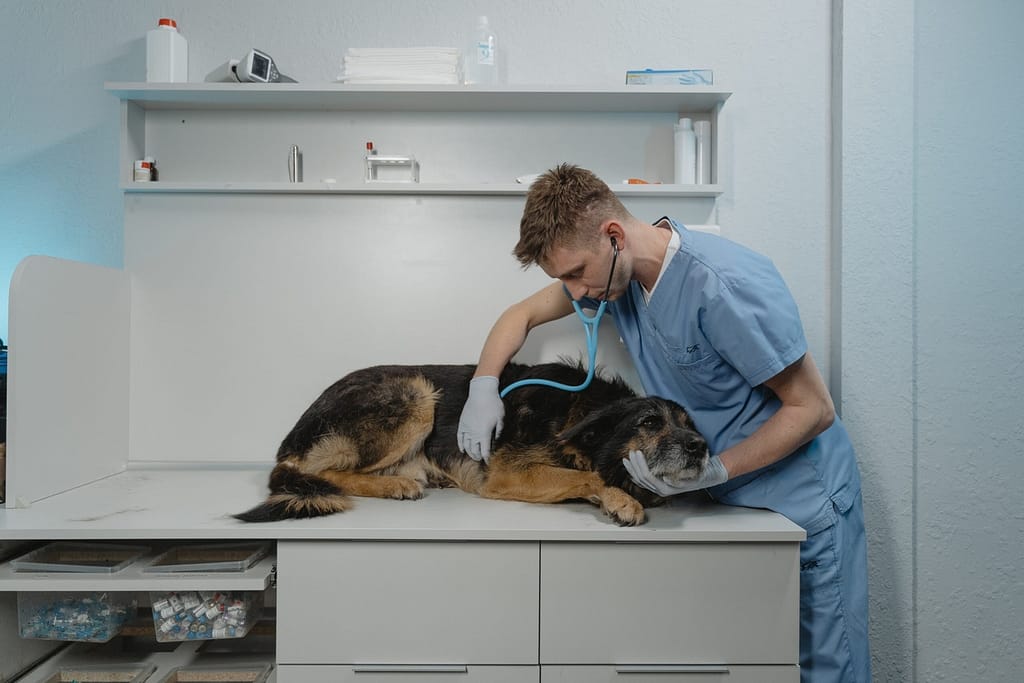
Worm infestations are common parasites that affect canine health. While most cases can be treated with proper veterinary care, neglected or severe infestations can become life-threatening. Understanding the risks allows dog owners to take proactive steps for protection.
Table of Contents
What Are Intestinal Worms in Dogs?
The most prevalent dog worms are roundworms, hookworms, whipworms, and tapeworms. These intestinal parasites infect dogs through contaminated soil, food, or water. Worms can cause diarrhea, vomiting, weight loss, dull coat, and a distended abdomen.
Transmission and Life Cycles
Worms can spread between dogs or from mother to puppies during pregnancy and nursing. Each type follows a specific lifecycle with varying incubation periods.
Signs of Infestation
Light infestations may not show obvious symptoms initially. Regular fecal testing is crucial for early detection. Severe cases can lead to bloody stools, anemia, malnutrition, and slowed growth in puppies.
Duration Before Fatal Complications
The risks depend on the worm load, the dog’s health status, and how soon treatment begins. While healthy dogs may tolerate light infestations for some time, chronic or neglected infestations can become critical within weeks to months. Puppies and older dogs are especially vulnerable.
Prevention Is Key
Deworming puppies starting at 2 weeks and repeating at regular intervals is vital. For adult dogs, daily hygiene, sanitation, and periodic fecal exams support proactive care. Although treatable, worms can quickly escalate into a life-threatening crisis if left unchecked.
When to Seek Emergency Care
Prompt veterinary care is critical if dogs show signs of shock, severe bleeding, seizures, high fever, and worms. Hospitalization, blood transfusions, and intensive treatment may be required in advanced cases. Worm prevention and early intervention can prevent costly, potentially fatal outcomes.
While intestinal worms are common in dogs, responsible pet owners can take charge by working closely with their veterinarians and implementing preventative care. Keeping dogs happy, active, and worm-free provides the best quality of life.








Comments (1)
Harpersays:
29/08/2023 at 12:51What are the symptoms of worm infestation in dogs?